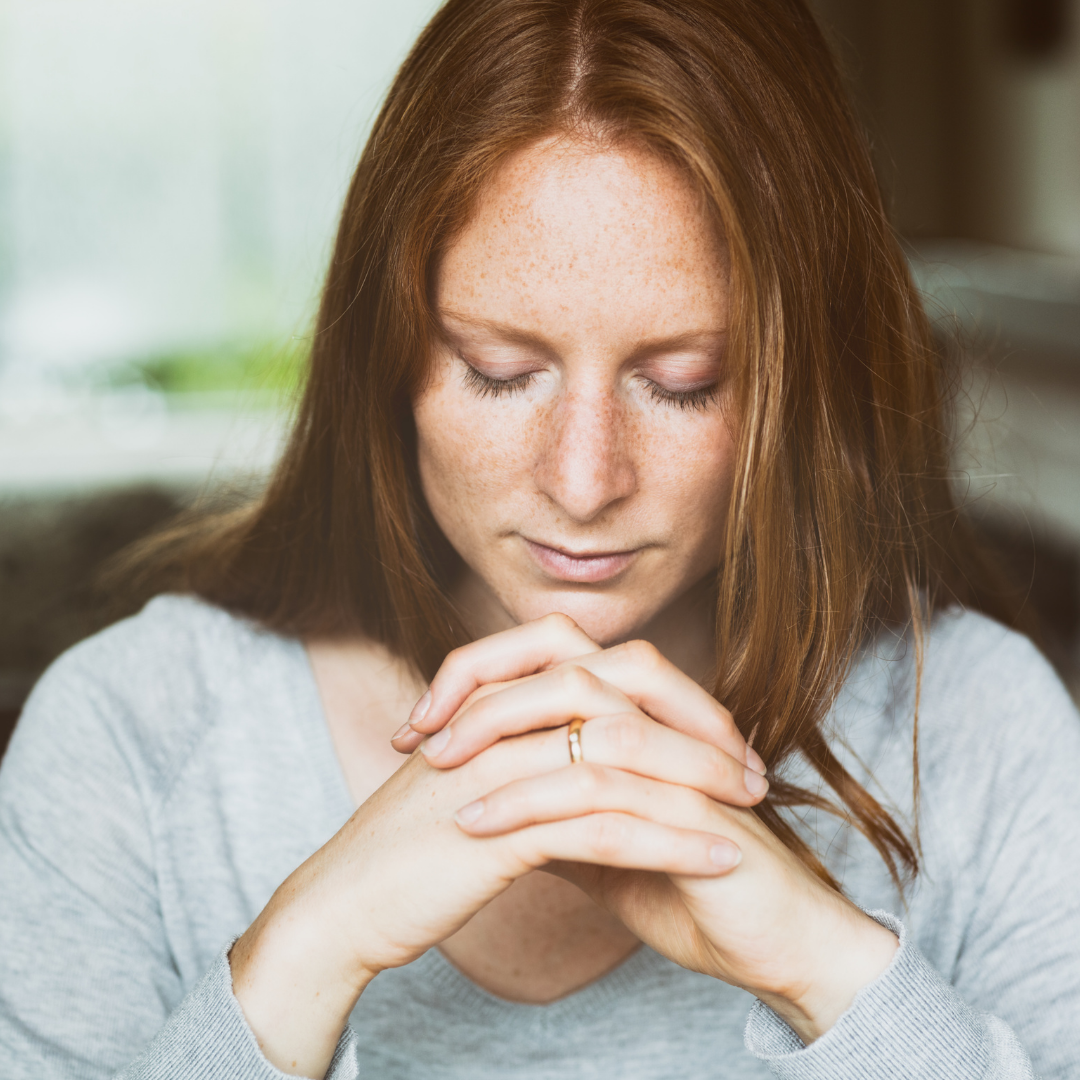
Christy Wilkens writes about finding God’s creative order in a chaotic, messy life.
This line from the Eucharistic prayer worms its way into my brain every week:
Order our days in your peace.
It’s become my prayer mantra throughout my increasingly hectic weeks. Six children, career pivots for both me and my husband, wrapping up the estates of both in-laws. I work furiously all day, crash into bed exhausted, and lie awake at 4 AM, processing all the mental and emotional details I didn’t have time to process while I ran hither and yon during daylight hours.
My days are decidedly neither ordered nor peaceful.
“[A]ll the reasons that cause us to lose our peace are bad reasons,” writes Fr. Jacques Philippe in Searching for and Maintaining Peace. That’s a tough pill to swallow. How can love for my husband and concern for my children and working to put bread on the table be bad reasons for worrying? However, “[w]hen the Lord affirms that he gives us peace,” Fr. Philippe continues, these words ”have the same creative force as the words that brought the sky and the earth from the void.”
In other words: God is already putting peace into your day. Not the feeling of peace. Actual peace.
When we ask God each week to “order our days in His peace,” that order is not meant to imply a specialized rule of life, a color-coded schedule, or a lack of chaos. In fact, God’s order is often chaotic and messy. He sent a Savior who was a helpless newborn and brought about the salvation of the world through a horrific execution, after all.
It is not the feeling of peace we seek, nor tidy schedules. It is not some help from God to impose upon our lives some order we’ve created or dreamed up for ourselves. In that moment during the Eucharistic prayer, we are asking God to superimpose His order on our lives. Our worries, in fact, tend to be about control -- about the tension between the order we desire and the order that God wills for us.
As Fr. Philippe points out, that’s a pretty bad reason to lose our peace. For starters, we can be sure we will always lose that battle! And also: we can be sure that God’s order is the best plan for our lives.

There are two primary keys to ordering our days in God’s peace: goodwill and abandonment.
Goodwill is our effort to meet whatever God places before us with a positive disposition. We take our examples from all of salvation history: Abraham’s covenant and journey, Mary’s fiat response to Gabriel’s annunciation, from Jesus’ surrender of his life, and the examples of countless saints since then. What God is asking may feel strange, even painful, but we strive to meet those requests with the intention of saying yes, for His honor and glory, and to do whatever is within our power to support that implicit yes with our explicit actions.
Abandonment is the final step. We’ve said yes, we’ve put in the work… but the results are not up to us. As Mother Teresa reminds us, God calls us to be faithful, not successful. As long as our intentions are rightly ordered toward Him, we can abandon the results to His mercy, even if they are not the results we intend or want.
Order your effort, and order your (disordered) attachment to the results. That is what it means to order our days in God’s peace.
It’s freeing, in many ways, to know that God treasures our rightly-ordered efforts, even when the results are not what we planned. The peace he offers us is the knowledge that our lives are ordered according to His plan for the entire universe, if we cooperate and get our own willfulness out of the way.

Copyright 2021 Christy Wilkens
Images: Canva Pro
About the Author

Christy Wilkens
Christy Wilkens, wife and mother of six, is an armchair philosopher who lives in Austin, TX. She writes at FaithfulNotSuccessful.com about disability, faith, doubt, suffering, community, and good reads. Her first book, Awakening at Lourdes: How an Unanswered Prayer Healed Our Family and Restored Our Faith, a memoir about a pilgrimage with her husband and son, will be released by Ave Maria Press in 2021.


.png?width=1806&height=731&name=CatholicMom_hcfm_logo1_pos_871c_2728c%20(002).png)
Comments